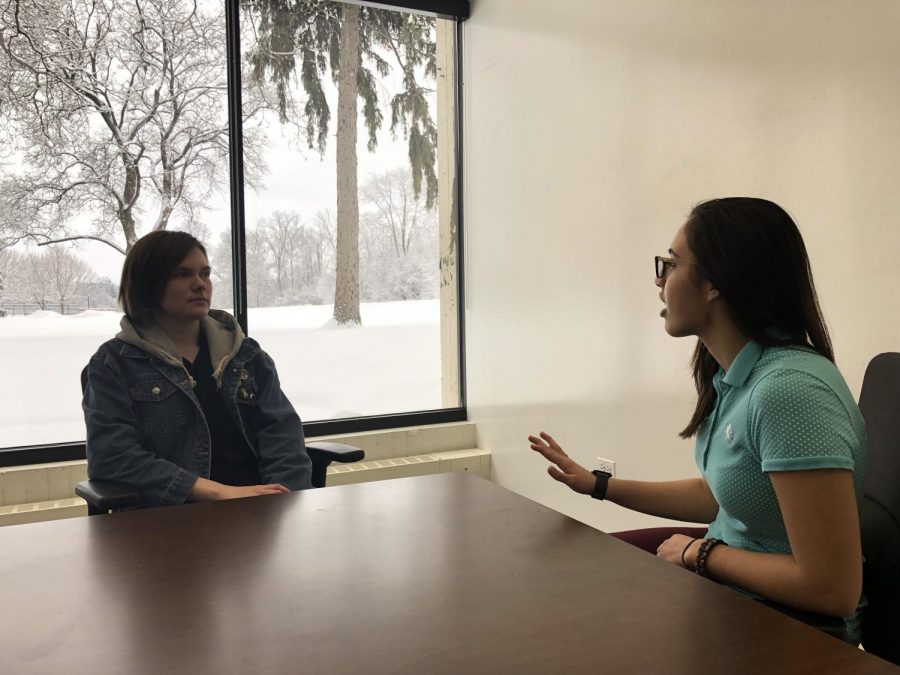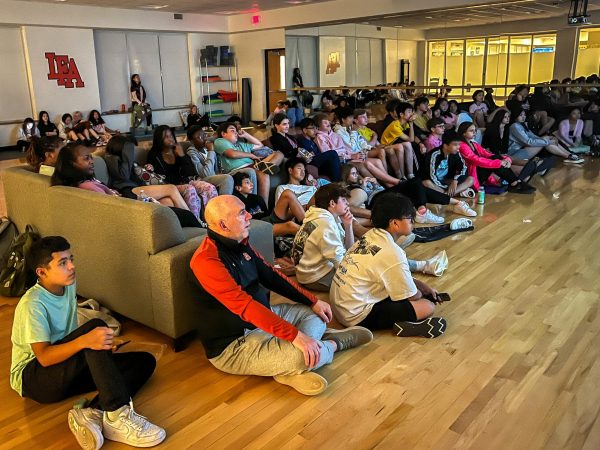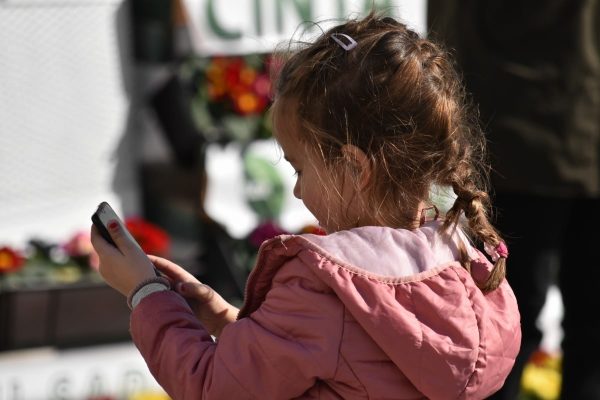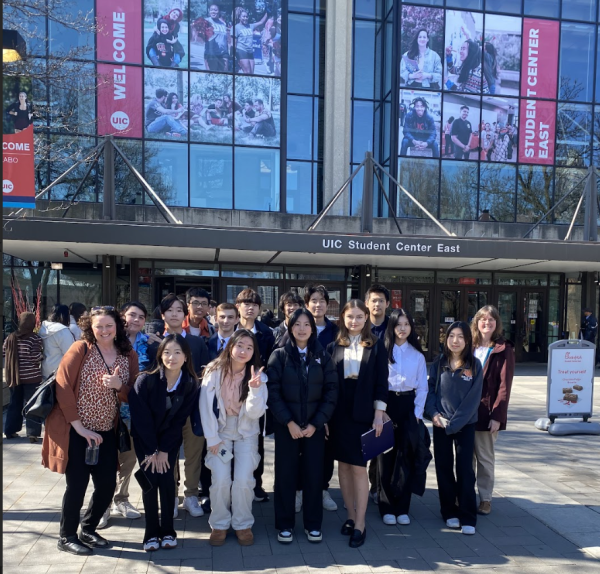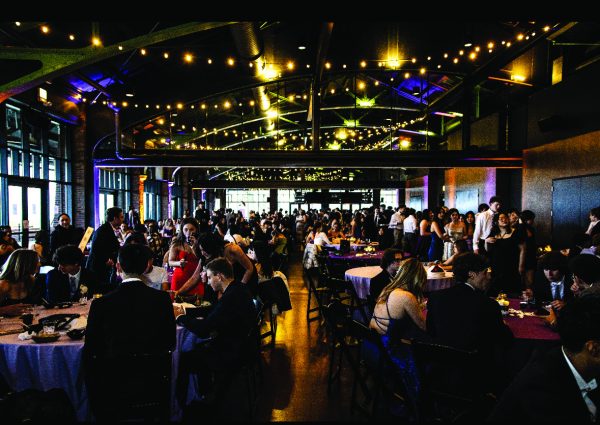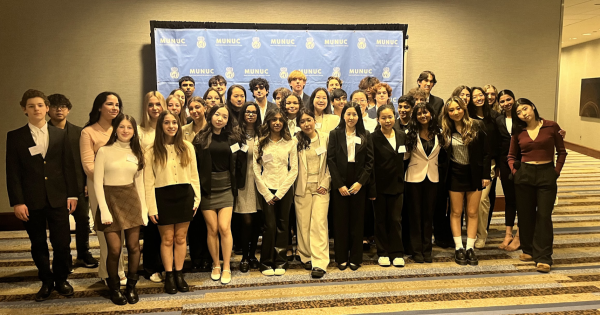LFA reflects on children dying at the U.S. Mexico border over Winter Break
February 18, 2019
The aftermath of the migrant caravan is still making headlines as the situation continues to worsen, due to the death of two children while in Border Patrol custody. The two children were seven-year-old Jakelin Caal Maquin and eight-year-old Felipe Gomez Alonzo. Maquin died on December 8, hours after the Border Patrol detained her, while Alonzo died on Christmas Eve after spending a week in multiple Border Patrol facilities. US investigators are still trying to figure out the causes of their deaths, but a New Mexico medical examiner stated that Alonzo was tested positive for the flu.
Before Maquin and Alonzo lost their lives, they were sent to hospitals but were not given the proper care due to the poor conditions they were put in. Experts described it as “unsuitable for children.”
“They’re designed to be problematic and not safe…they are designed and meant for punishment,” expressed Anne Chandler, the executive director of Tahirih Justice Center’s Houston office from businessinsider.com.
When children arrive at the border, they are already dealing with the worst health conditions, due to the fact that they are not given any food or water during their journey to the US. These journeys can last for weeks in which the children have to trek through deserts, and once they arrive at the border, they are automatically put in Border Patrol facilities where children and parents have to sleep on cement.
The deaths of these two children has even caught the attention of members of the LFA community.
Marianela Gonzalez, counselor of Latinx and faculty member of the language department, can easily relate to this crisis since she immigrated to the U.S. with her family when she was a child.
“It made me think what they could be doing to change the detention centers,” said Gonzalez.
This news also struck Junior, Isis Burgos, who was born and raised in the U.S. but is of Mexican and Puerto Rican descent. Burgos is aware of the violence occurring in Central America and Mexico, since her friends have informed her about their family members who are trying to leave Honduras and Mexico, but are not sure of taking the risk, since they are aware of the treatment immigrants receive at the U.S.-Mexico border.
“People are coming here in conditions that are not suitable for them,” said Burgos.
Senior and president of GSA, Emma Sloan, might not have any Latino roots, but is concerned by what the immigrants have encountered.
“Keep them with their families and help [them] find jobs and homes,” said Sloan.

